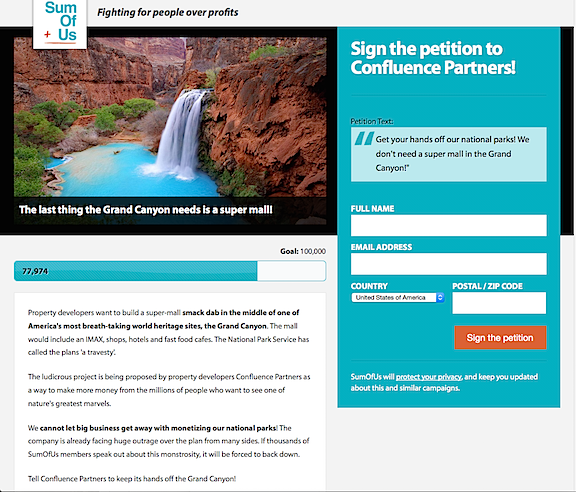An interview and more.
 A few weeks ago, I was contacted by Marvyn Robinson, a U.K. pilot and podcaster. He wanted to interview me for his podcast, Inspired Pilot.
A few weeks ago, I was contacted by Marvyn Robinson, a U.K. pilot and podcaster. He wanted to interview me for his podcast, Inspired Pilot.
I was flattered, of course. (I’m flattered any time someone contacts me with a request like this.) How could I not say yes?
About the Podcast
The About page on the Inspired Pilot website explains what the podcast is all about:
This will be a weekly show where I interview inspiring pilots, pilots with inspiring journeys from all around the world. Each week we will highlight the life of our featured pilot, follow their journey and how they got to where there are now.
We’ll examine how and why they got started, the decisions made along the way, experiences gained and lessons learned. All this with the view to INSPIRE seasoned pilots, mere mortal low hour pilots like myself, wannabe pilots and pilot enthusiasts alike, by guests sharing their inspiring journeys.
Just to give you an example of the spectrum of our guests, we are going to be talking to pilots from all areas of the aviation industry, from airline pilots, bush pilots, flight instructors, private pilots, bizjet, military and even retired pilots.
The whole idea behind the podcast is to inspire other pilots. The people chosen to be interviewed are supposed to be inspiring. So again, how can I not be flattered?
Who Needs Inspiration?
Every pilot knows at least one other pilot — or wannabe pilot — who just couldn’t seem to get it together to achieve his or her aviation goals. These people often have legitimate or imagined excuses for not moving forward. (I was married to one of these people for a while so I’ve seen it firsthand.)
For many people, the excuse is a life change. For example, a guy is taking flight lessons part time and gets married or his wife becomes pregnant. All of a sudden, his priorities change and he puts flying on the back burner. Many times, he never goes back to it.
For other people, the excuse is simpler: money. Learning to fly isn’t cheap and not everyone has disposable income to throw at what might only be a hobby. When the economy tanked, flight schools were hit hard because fewer people could afford lessons. Renting an aircraft once you become a pilot isn’t cheap either. It has to fit into your budget.
For a select group of people, there are medical issues that can stop a prospective pilot in his or her tracks. Uncorrectable vision, diabetes, untreatable high blood pressure, heart problems — there are a multitude of conditions that pilots simply are not allowed to have.
These are the people Inspired Pilot was created for. To get them excited about flying. To get them thinking of ways to work around the hurdles that face them. To inspire them to achieve their flying goals.
These are the people I want to inspire.
It’s More than a Piece of Paper
For example, I learned to fly an open cockpit gyro last spring. It was a ton of fun. I got to fly that gyro again last week. George, who owns it and taught me to fly it, told me what I need to do to get my rating in it. I’m very close — all I need is a check ride.
But why get a rating for something I seldom have an opportunity to fly? That piece of paper is meaningless to me. I’m perfectly satisfied to fly the gyro occasionally with George. In the unlikely event that I buy a gyro or have access to one on a regular basis, I might reconsider getting that piece of paper. Until then, why bother?
And then there are just the folks who claim they want to fly and even move toward the goal of becoming a pilot and perhaps even become pilots — but then don’t do what it takes to stay current and safe. These are the nervous pilots, the pilots who are afraid to push the limits of their experience, the pilots who use the slightest possibility of inclement weather as an excuse not to fly. They’re pilots only because they have a piece of paper saying that they are. (This was the situation with my wasband.)
But are you really a pilot if you seldom fly? If you can come up with more excuses not to fly than reasons to fly? If you never seem to want to fly?
In my experience, a real pilot wants to fly.
If you’re not driven to fly, if you don’t feel a need to get up in an aircraft and explore your world from above, if the responsiveness of an aircraft under your control doesn’t excite you or fill you with joy — well, then you really shouldn’t waste your time and money becoming a pilot. There might be other activities that do for you what flying does for real pilots — bicycling, skiing, painting, writing, golfing, skydiving, whatever. Pursue the activity that means the most to you — because you will never be an inspired pilot.
The Podcast
All that said, if you want to get inspired — or even if you just want to hear what I said on the podcast — you can find it here: 12: Maria Langer – Commercial R44 Helicopter Pilot & Blogger – Inspired Pilot.








